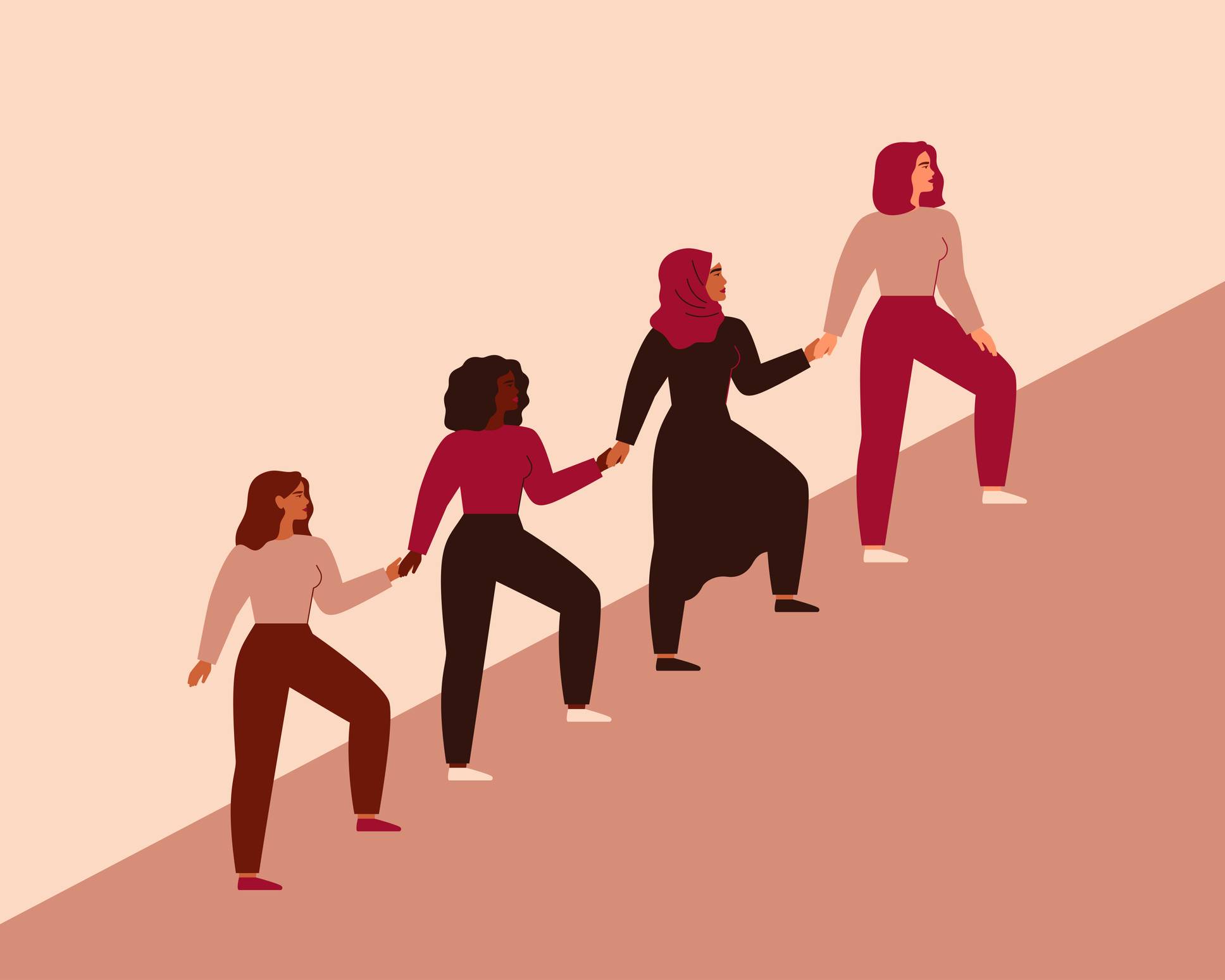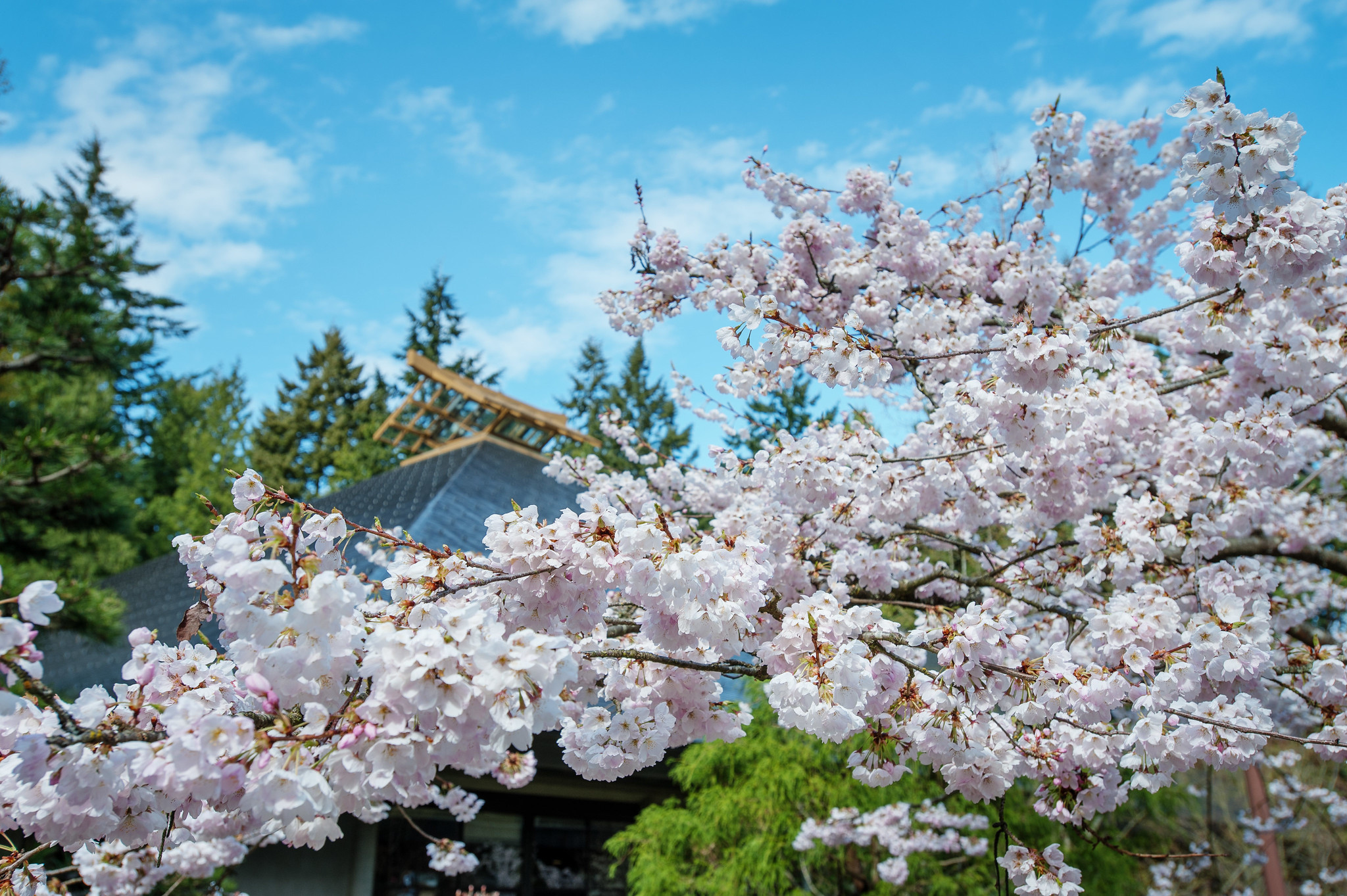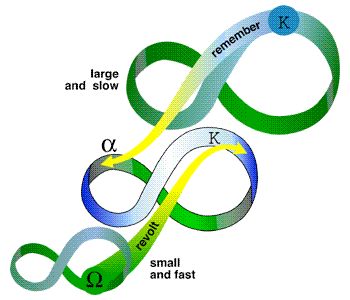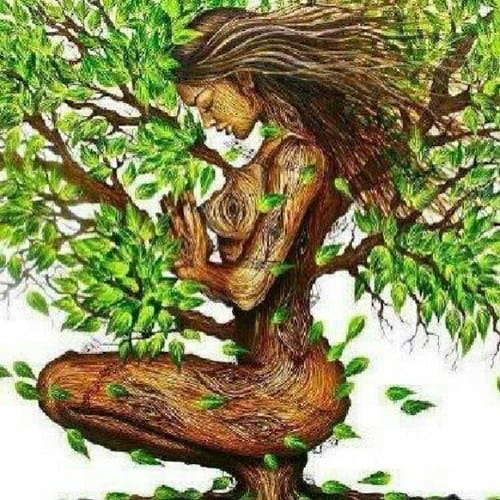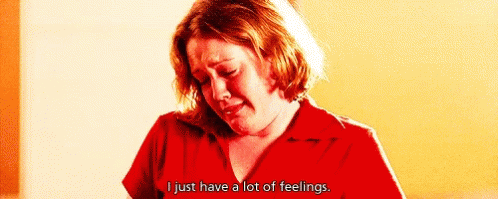A few days ago, I attended a talk moderated by the Centre for Japanese Research about gender, LGBTQ rights, and diversity in East Asian democracies. It was well-timed for International Women's Day, and left me with much to mull over. (Interestingly, this blog documents my shifting academic interests over the years, as well as the maturation of my views after participating in broader discourses.)
Dr. Jackie F. Steele acknowledged that, while she learnt in Asian Studies at McGill University about Japan being a monoculture, living in the country proved otherwise: she encountered tremendous diversity in lived experiences, but they are not acknowledged at the elite level, nor honoured and institutionalized. She defined democracy as an ongoing contestation of ideas. Previously, she taught Canadian politics and Federalism at Simon Fraser University, as well as comparative politics at Japanese universities.
When all types of talent can be heard, a country can make laws better and more responsive to the diverse population. Dr. Steele was part of the first comparative study, in which surveys were rolled out in 2017-18 localized to 3 societies: Japan, South Korea, and Taiwan. All 3 used mixed member majoritarian electoral systems, and had similar Confucian backgrounds, but experienced completely different outcomes, particularly on mobilizations for women's representation. In Taiwan, all ideological spectrums were balanced on gender. In Korea and Japan, not running for office was considered the choice of individual women. Elites deny the existence of an uneven playing field, and male MPs and conservative party MPs claim that reserved seats constitute reverse discrimination against men. Although public opinion is in favour of diversity, parliamentarian gatekeeping represent conservatism back to the population. In Japan, in particular, 1 party dominates; the right-wing faction holds everyone hostage and won't let reforms through.
This is interesting to me, because Singapore is an economy in Southeast Asia that shares many similarities, including Confucian influences. There is also little opportunity to challenge the 1-party state. Section 377A was repealed in 2023, which was a significant win for grassroots LGBTQ activism. Although some may argue that the government does not belong in certain areas, such as family, I agree with Dr. Steele that through laws and policies, the state can perpetuate homophobia (and reproduce patriarchal systems).
In Japan, women are underrepresented in politics and decision roles. But studies show that diverse talent drives innovation, because they offer corporate boards a better 360° view on problems. Dr. Steele's think tank focuses on how to tailor DEI to local language. For businesses, who are mostly interested in bottom-lines, a data-driven approach would be seen as less ideological.
How could voluntary change be incentivized? Education is another avenue for changing public perception. Dr. Steele advocated for starting the architecture that changes the status quo, even if the law has no teeth. She cited some historical examples from Canada: in the 1970s, changing one's last name after marriage became an individual choice, but social acceptance seemed to have taken another 50 years. In Quebec, there was even a law preventing anyone from changing their last names; the 1981 law reform about marital rape and the legalization of same-sex marriage in the 2000s were similarly coercive. Since diversity enjoys ample public support in Japan, there might be appetite for coercive law reforms.
Dr. Steele thinks that without power alternation, voters are unable to register dismay through democratic will. In Canada, for example, the Liberals are the current "catch-all" party. Because of Abe's "Reaganomics" rhetoric, and the cultural perception of organizing as distasteful, people are unwilling vocally endorse social movements. She also suggested negotiating via external pressure, such as G7. The Tokyo Olympics could have brought media coverage on SOGI, but the Olympics did not happen (due to the pandemic).
With regards to Indigenous rights, the Ainu is currently recognized by the government, while the UN also recognizes other groups.
During the fireside chat, Dr. Shigenori Matsui, Director of Japanese Legal Studies at Allard School of Law, offered some alternative perspectives, such as from pop culture: celebrity couples prefer to be perceived as having men to lead. He also pointed to dynamics in dating, where there is expectation for men to pay. I wonder if the organizers (including Dr. Yves Tiberghien) planted him in the conversation as a "Devil's Advocate", to represent prevailing conservative norms.
Since Japan is widely regarded as an advanced economy, with high-tech companies having established themselves as recognizable (household) brands, their attitudes towards diversity comes as a surprise. I found the housewife pension model particularly regressive. I hesitate to comment on countries I have not lived in and know little about. But given that people around the world have very positive impressions of Japanese culture, it would be worth learning from their history and society, too. 🌸

